In dogs, viral and bacterial infections are most common: kennel cough, canine influenza and pneumonia. Kennel cough and pneumonia can be viral or bacterial. Canine flu is viral, but dogs with the flu might have a thick nasal discharge that’s usually caused by a secondary bacterial infection. Interesting fact-dogs can’t catch the common cold from humans or pass their own respiratory illness along to them.
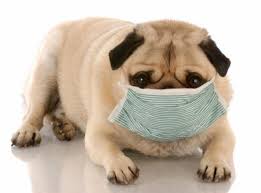
Canine influenza, also known as dog flu, isn’t as common as kennel cough but is more of a concern because recovery takes longer, and it’s a newer infection, so more dogs are susceptible.
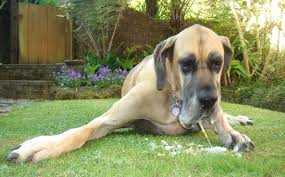
Most dogs recover uneventfully from the flu and don’t need to be hospitalized, but some dogs, especially those who have a weak immune system, can develop pneumonia and require intensive care. Dogs can also develop pneumonia if they vomit and aspirate (suck in ) the vomit into the lungs.
Fungal infections are more common in some areas of the country than others. Depending on where you live, you might have heard them called Valley Fever (coccidioidomycosis) in the desert Southwest or blasto, (short for blastomycosis) in the Midwest. They are serious and can be fatal.

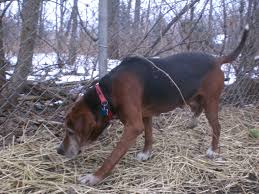 Dogs can get fungal infections by inhaling the spores, often while their digging or following a trail, or if it’s windy where they live. The spores can also enter through the skin, by way of air or water.
Dogs can get fungal infections by inhaling the spores, often while their digging or following a trail, or if it’s windy where they live. The spores can also enter through the skin, by way of air or water.
Is my dog sick?
So, how do you know if your dog has a respiratory infection? Here are some early warning signs.
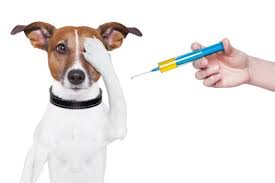 Nasal Discharge They can get a sticky discharge from their nose that will turn opaque. This typically means infection and white blood cells. In puppies, nasal discharge could signal canine distemper, but the vaccine for that is very good, so it’s a disease that is seen more commonly in shelter and unvaccinated dogs than in most pet dogs.
Nasal Discharge They can get a sticky discharge from their nose that will turn opaque. This typically means infection and white blood cells. In puppies, nasal discharge could signal canine distemper, but the vaccine for that is very good, so it’s a disease that is seen more commonly in shelter and unvaccinated dogs than in most pet dogs. Cough Think a dry hacking sound, not the wet productive cough that produces phlegm like humans might have with a cold. Coughs can also be caused by heartworm disease, congestive heart failure, collapsing trachea, and other conditions, so a veterinary visit and accurate diagnosis are important.
Cough Think a dry hacking sound, not the wet productive cough that produces phlegm like humans might have with a cold. Coughs can also be caused by heartworm disease, congestive heart failure, collapsing trachea, and other conditions, so a veterinary visit and accurate diagnosis are important.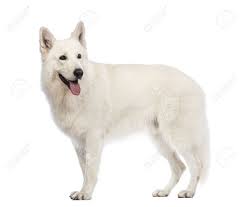 Panting You might have noticed your dogs respiration rate has increased or she can’t walk as normal, or she stands like a statue, breathing with her mouth
Panting You might have noticed your dogs respiration rate has increased or she can’t walk as normal, or she stands like a statue, breathing with her mouth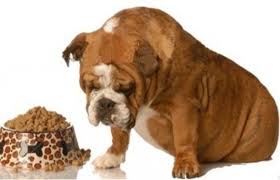 Listlessness Dogs diagnosed with pneumonia have little energy and don’t eat.
Listlessness Dogs diagnosed with pneumonia have little energy and don’t eat. Breathing Issues Dogs with respiratory infections have difficulty breathing. That’s especially true for brachycephalic dogs, the short nosed breeds that already have trouble breathing. They have breathing issues anyway because their nose openings are so small. If they’re stuffy or inflamed in their nose or throat area, it makes it even worse for them. You might be surprised to learn that sneezing isn’t typically a sign of respiratory infection in dogs. Instead it signals other problems such as foreign bodies stuck in the nasal passages, rhinitis, sinusitis, nasal mites or nasal tumors. Be concerned if your dog has a thick, mucus discharge from his eyes or nose, can’t catch his breath, and is coughing so badly that it is keeping him up at night, or isn’t eating. Those are all signs that he needs to see a veterinarian , especially if the signs continue for 24 to 48 hours. Depending on the signs, your veterinarian may listen to the chest with a stethoscope, take x-rays, or do a wash-introducing sterile fluid into the chest, then sucking it back out again to culture it for bacteria to see if the fungus is infectious or inflammatory.
Breathing Issues Dogs with respiratory infections have difficulty breathing. That’s especially true for brachycephalic dogs, the short nosed breeds that already have trouble breathing. They have breathing issues anyway because their nose openings are so small. If they’re stuffy or inflamed in their nose or throat area, it makes it even worse for them. You might be surprised to learn that sneezing isn’t typically a sign of respiratory infection in dogs. Instead it signals other problems such as foreign bodies stuck in the nasal passages, rhinitis, sinusitis, nasal mites or nasal tumors. Be concerned if your dog has a thick, mucus discharge from his eyes or nose, can’t catch his breath, and is coughing so badly that it is keeping him up at night, or isn’t eating. Those are all signs that he needs to see a veterinarian , especially if the signs continue for 24 to 48 hours. Depending on the signs, your veterinarian may listen to the chest with a stethoscope, take x-rays, or do a wash-introducing sterile fluid into the chest, then sucking it back out again to culture it for bacteria to see if the fungus is infectious or inflammatory.
How Do Dogs Get It?
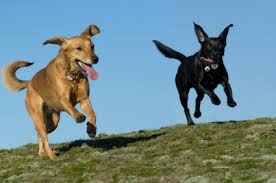

Dogs who might be more susceptible to respiratory infections are those who are already sick, or who have weak immune systems, such as very young or very old dogs. At highest risk are dogs who spend a lot of time with other dogs at parks, boarding kennels or dog shows. Your dog picking up kennel cough at a kennel or veterinary clinic isn’t a reflection of how good the place is. It’s like a kid getting the sniffles at daycare. It’s going to happen. It doesn’t mean it’s a bad daycare. Out of courtesy to other dogs, keep your sick dog home and away from dog parks and boarding kennels until he is no longer coughing or exhibiting other signs of respiratory disease.
How is it Treated?
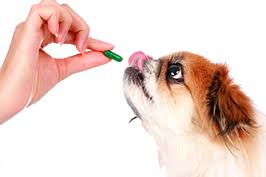
Treatment may involve antibiotics or cough suppressants. You don’t want to give cough suppressants if there’s any suspicion that the dog has pneumonia. With pneumonia, that cough serves a purpose, to get the gunk out. Dogs with severe cases that progress to pneumonia might need hospitalization or intravenous fluids.
For less severe infections, all your dog might need is time and tender loving care. Just make sure he is eating and drinking.
How Do I Keep My Dog Safe?

Respiratory infections can be worrying, and you should try to catch them in their earliest phase. If you have ever had the breath knocked out of you, you know that panicked feeling of not being able to breathe. Many of us have seasonal allergies that make it difficult to breathe or asthma that causes a struggle for a single breath. Pets too, are anxious, stressed and fearful when they can’t breathe, but they can’t talk, so the earliest symptoms are often missed.
To protect your dog, vaccines for kennel cough and canine flu are a good idea, especially if they are frequently around other dogs. The vaccines are not 100% effective, but they should decrease the likelihood that your dog picks up one of these illnesses as well as the severity of disease if he does get sick.
If you hear of an outbreak of respiratory diseases in your area, try to keep your dog away from other dogs. So far, canine flu seems to occur primarily in the Midwest, but it could gradually spread.
Good preventative care and regular wellness checks will keep your dog healthy so he is better able to fight off any infections that come his way.
Homeopathic Remedies
Kennel Cough-Clinical Signs: Coughing is a constant sign, the type of cough being described as hacking. It is usually short in duration and dry in quality but occasionally a succession of short coughs develops which produces a paroxysmal effect. Symptoms are confined to the upper respiratory area and systemic involvement is extremely uncommon. Many milder cases of Kennel Cough can be treated at home with herbs and homeopathics, under the guidance of a holistic veterinarian.
Treatment: There is a superficial resemblance to whooping cough in man and as in that disease the remedy.
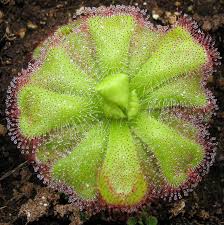 1. DROSERA 9c will be found to have good effect.
1. DROSERA 9c will be found to have good effect.
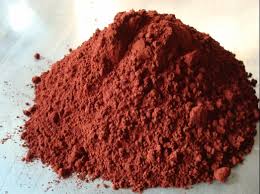
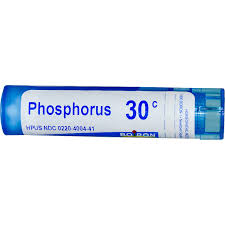 2.) PHOSPHORUS 30c Indicated in dry cough with flecks of blood appearing in the nasal passages. The animal may show excitability. Rapid breathing with threatened pneumonia may occur. Phosphorus is a well known remedy for respiratory conditions of asthma, bronchitis, pneumonia, tightness in chest, dry lingering coughs, deep coughs.
2.) PHOSPHORUS 30c Indicated in dry cough with flecks of blood appearing in the nasal passages. The animal may show excitability. Rapid breathing with threatened pneumonia may occur. Phosphorus is a well known remedy for respiratory conditions of asthma, bronchitis, pneumonia, tightness in chest, dry lingering coughs, deep coughs.
www.elixers.com
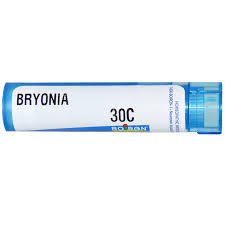 3.) BRYONIA 30c The pleurae become involved when this remedy is indicated. Breathing becomes of the abdominal type because of pain in the intercostal muscles. Pressure over the chest relieves symptoms and the animal prefers rest. Acts chiefly on joints and on the chest. Used for helping with arthritis and with dry coughs where bouts of coughing are induced by the animal moving around.
3.) BRYONIA 30c The pleurae become involved when this remedy is indicated. Breathing becomes of the abdominal type because of pain in the intercostal muscles. Pressure over the chest relieves symptoms and the animal prefers rest. Acts chiefly on joints and on the chest. Used for helping with arthritis and with dry coughs where bouts of coughing are induced by the animal moving around.
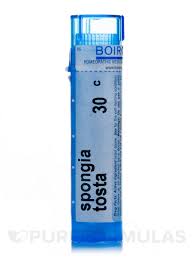
 4.) SPONGIA TOSTA 6c The cough is of the harsh, dry variety, sometimes hoarse, and with a whistling sound may be present. It may be associated with accompanying weak heart action. It is most helpful for croupy, barking coughs which tend to improve with eating and drinking warm things but get worse from cold drinks. Spongia is indicated for a cough that startles the dog from sleep.
4.) SPONGIA TOSTA 6c The cough is of the harsh, dry variety, sometimes hoarse, and with a whistling sound may be present. It may be associated with accompanying weak heart action. It is most helpful for croupy, barking coughs which tend to improve with eating and drinking warm things but get worse from cold drinks. Spongia is indicated for a cough that startles the dog from sleep.

 5.) RUMEX 6c The cough is attended by much mucous and is relieved in the evening or during the night. The character of the cough changes frequently. Temporarily relieves dry cough due to minor throat and bronchial irritation as may occur with a cold; Helps relieve chest congestion by loosening mucus and thinning bronchial secretions to make coughs more productive
5.) RUMEX 6c The cough is attended by much mucous and is relieved in the evening or during the night. The character of the cough changes frequently. Temporarily relieves dry cough due to minor throat and bronchial irritation as may occur with a cold; Helps relieve chest congestion by loosening mucus and thinning bronchial secretions to make coughs more productive
 6.) ACONITUM 6c Should be given as early as possible in the infection when it will help allay development. It will also ease the condition by calming the animal and is especially useful in the evening for this purpose.
6.) ACONITUM 6c Should be given as early as possible in the infection when it will help allay development. It will also ease the condition by calming the animal and is especially useful in the evening for this purpose.

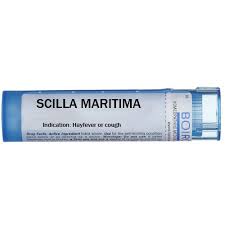 7.) SQUILLA MARTIMA 6c The animal usually takes deep breaths which brings on coughing when Scilla is needed as a remedy. Any exertion produces breathlessness. There are usually accompanying symptoms of sneezing with copious nasal secretion. The cough my produce reddish mucous, and is much worse in the morning.
7.) SQUILLA MARTIMA 6c The animal usually takes deep breaths which brings on coughing when Scilla is needed as a remedy. Any exertion produces breathlessness. There are usually accompanying symptoms of sneezing with copious nasal secretion. The cough my produce reddish mucous, and is much worse in the morning.
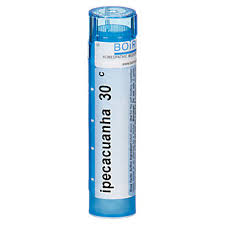 8.) IPECACUANHA 30c Coughing produces reflex vomiting which can be frequent. The cough is worse at night. A change to a cold atmosphere can excite the cough. Blood may show in both the vomit and the expectoration from the cough. The respiration has been described as sighing. Common Name: Ipecac
8.) IPECACUANHA 30c Coughing produces reflex vomiting which can be frequent. The cough is worse at night. A change to a cold atmosphere can excite the cough. Blood may show in both the vomit and the expectoration from the cough. The respiration has been described as sighing. Common Name: Ipecac
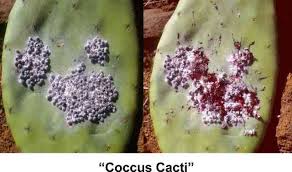
9.) COCCUS CACTI 6c Symptoms are worse at night and produce difficult respiration. Coughing can be continuous for many minutes , but sometimes alternating with long spells of relief.
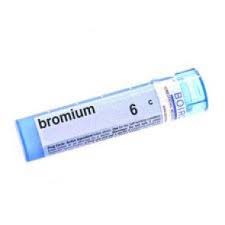 10.) BROMIUM 6c There is much rattling of mucous in the upper trachea and larynx with this remedy. Inspiration is difficult and coughing may lead to fainting attacks because of lack of breath. The cough is wheezing and rough.
10.) BROMIUM 6c There is much rattling of mucous in the upper trachea and larynx with this remedy. Inspiration is difficult and coughing may lead to fainting attacks because of lack of breath. The cough is wheezing and rough.
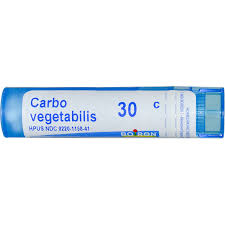 11.) CARBO VEG 30c There is pronounced air hunger with this remedy and the animal seeks the cool open air. Cough in the morning produces expectoration of greenish, yellow pus. The breath is cold. Cough becomes worse in the evening. This is an extremely valuable remedy for those animals which show acute respiratory distress at night and usually gives immediate relief.
11.) CARBO VEG 30c There is pronounced air hunger with this remedy and the animal seeks the cool open air. Cough in the morning produces expectoration of greenish, yellow pus. The breath is cold. Cough becomes worse in the evening. This is an extremely valuable remedy for those animals which show acute respiratory distress at night and usually gives immediate relief.
Broncho Pneumonia-Clinical Signs: There is an initial rise in temperature followed by a nasal discharge of muco-purulent material which may be streaked with blood. Respirations are increased and in severe cases dysponia is evident. Coughing is a fairly constant sign and, if bacterial or viral invasion is thought to have taken place, other systemic signs may appear such as vomiting and constipation. The animal becomes dehydrated and unkept and water intake is decreased,
Treatment: The following remedies are all useful according to type and symptoms displayed.
1.) ACONITUM 6c Should always be given as early in the condition as possible.
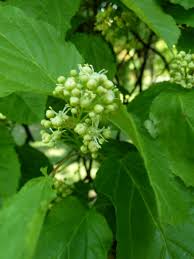
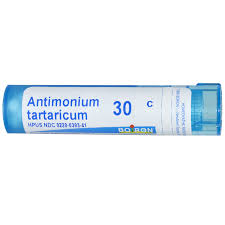 2.) ANTIMONIUM TART 30c A very useful remedy when there is an abundance of loose mucous and expectoration.
2.) ANTIMONIUM TART 30c A very useful remedy when there is an abundance of loose mucous and expectoration.
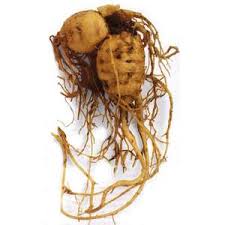
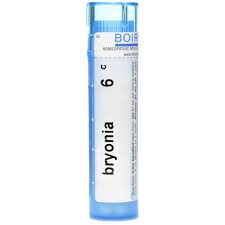 3.) BRYONIA 6c When this remedy is indicated the animal resents movement. Pressure over the affected area brings relief. The animal prefers to lay on the affected side.
3.) BRYONIA 6c When this remedy is indicated the animal resents movement. Pressure over the affected area brings relief. The animal prefers to lay on the affected side.
4.) ARSEN .IOD 6c A good remedy for the less severe cases or one which is of recurrent nature. Symptoms may be worse at night and the skin is dry with a harsh coat.

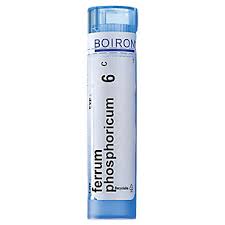 5.) FERRUM PHOS. 6c The animal may show signs of pain and anxiety when breathing in. There is an abundance of loose mucous in the throat. Coughing may produce blood, and is associated with distress.
5.) FERRUM PHOS. 6c The animal may show signs of pain and anxiety when breathing in. There is an abundance of loose mucous in the throat. Coughing may produce blood, and is associated with distress.

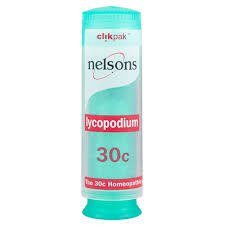 6.) LYCOPODIUM 30c A useful remedy for lean animals with indifferent appetite. There may be aggravation of symptoms in late afternoon to early evening.
6.) LYCOPODIUM 30c A useful remedy for lean animals with indifferent appetite. There may be aggravation of symptoms in late afternoon to early evening.
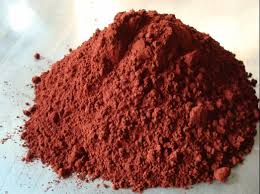
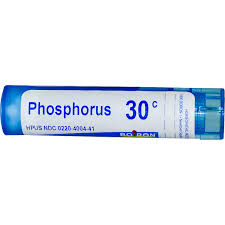 7.) PHOSPHORUS 30c Expectoration of rust colored sputum may accompany vomiting. Alternatively the cough may be dry and unproductive. A suitable remedy for nervous and sensitive animals.
7.) PHOSPHORUS 30c Expectoration of rust colored sputum may accompany vomiting. Alternatively the cough may be dry and unproductive. A suitable remedy for nervous and sensitive animals.
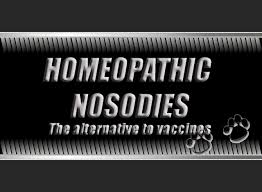
8.) TUBERCULINUM AVIARE 30c This nosode has proved useful in convalescence when it will aid the healing process after administration of selected remedies.
Hypostatic Pneumonia-Clinical Signs: This condition occurs in old dogs and also in those which are chronically run down and in poor health. There is great difficulty in breathing and coughing is present. The signs of pneumonia will be more evident on the side in which the animal is lying. The cough is usually dry.
Treatment: The animal should be turned over frequently and encouraged to take mild exercise if possible.
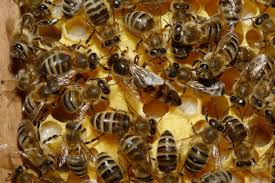
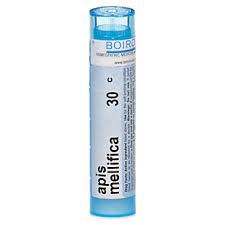 1.) APIS MEL. 30c This remedy will help in removing excess fluid and reducing the tendency to oedema in general. Apis mellifica is actually made from honeybees, with the preferred source being the common American honeybee. Creating this homeopathic remedy begins by grinding the entire bee’s body including the stinger. The crushed mixture is diluted with alcohol, powder, or lactose powder and repeated until the mixture becomes uniform. You may find this compound sold as tiny pellets or made into a gel that can be applied topically.
1.) APIS MEL. 30c This remedy will help in removing excess fluid and reducing the tendency to oedema in general. Apis mellifica is actually made from honeybees, with the preferred source being the common American honeybee. Creating this homeopathic remedy begins by grinding the entire bee’s body including the stinger. The crushed mixture is diluted with alcohol, powder, or lactose powder and repeated until the mixture becomes uniform. You may find this compound sold as tiny pellets or made into a gel that can be applied topically.

2.) ADONIS VER. 1x and CONVALLARIA 1x These are useful heart remedies which should stimulate the hearts action and increase circulation.
Other Natural Remedies for Kennel Cough
A trip to the vet may be necessary for persistent cases lasting more than a couple of weeks, or where the dog becomes weak with a loss of appetite or any other signs of discomfort.
Stress can make a dog more susceptible, so it’s a good idea to boost up the immune system prior to the occurrence of a stressful situation, if you can. Immune system support is also important when Kennel Cough occurs. Herbal immune-system enhancers include Vitamin C, Echinacea, Olive Leaf and Astragalus. Colloidal silver is another excellent supplement for immune system support.
 Garlic is a great addition to the diet of dogs suffering with Kennel Cough. Peel some garlic cloves and place them in a glass jar. Cover with a few good lugs of organic olive oil and leave to infuse for 24 hours. Add a few drops to each meal.
Garlic is a great addition to the diet of dogs suffering with Kennel Cough. Peel some garlic cloves and place them in a glass jar. Cover with a few good lugs of organic olive oil and leave to infuse for 24 hours. Add a few drops to each meal.

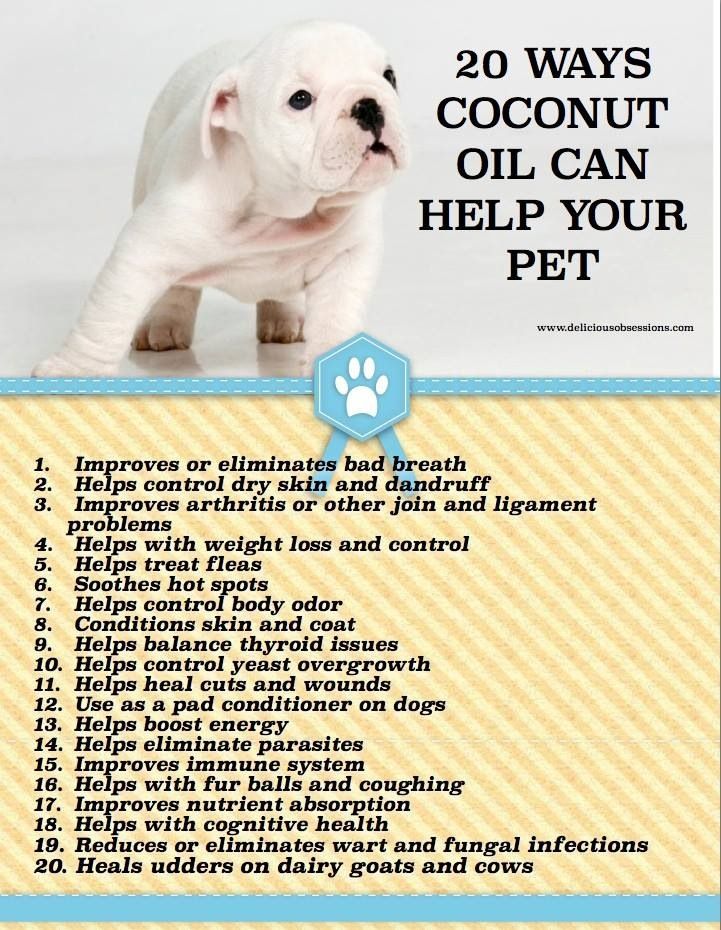
Organic Unrefined / Virgin Coconut Oil also possesses amazing immune-enhancing properties. Coconut oil contains medium chain fatty acids that are anti-viral and anti-bacterial (as well as many other benefits). A dosage of about 1 to 2 teaspoons of coconut oil per 10 pounds of body weight per day can be divided into your dog’s meals to help combat Kennel Cough. Half this dosage can be used for maintenance of long term health. Use slightly less if any signs of loose stool occur.
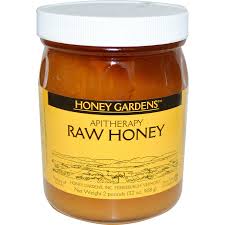 Raw Honey is a great natural treatment that helps soothe the throat. Raw Honey also has antibacterial, antiviral, anti-inflammatory, antimicrobial, and anti-fungal properties. A 30 to 50 lbs dog can be given about 1/2 to 1 teaspoon of honey three to four times a day. Adjust this amount up or down depending on the size of your dog.
Raw Honey is a great natural treatment that helps soothe the throat. Raw Honey also has antibacterial, antiviral, anti-inflammatory, antimicrobial, and anti-fungal properties. A 30 to 50 lbs dog can be given about 1/2 to 1 teaspoon of honey three to four times a day. Adjust this amount up or down depending on the size of your dog.
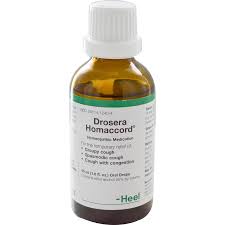 Homeopathic remedies for Kennel Cough include Drosera for a dry, hacking cough and violent coughing spells. The throat feels ticklish when Drosera is indicated, and pressure to the neck (such as from a collar) can trigger a bout of coughing. The cough may also be worse when lying down.
Homeopathic remedies for Kennel Cough include Drosera for a dry, hacking cough and violent coughing spells. The throat feels ticklish when Drosera is indicated, and pressure to the neck (such as from a collar) can trigger a bout of coughing. The cough may also be worse when lying down.
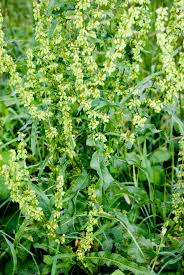
Rumex Crispus is helpful for a cough associated with tickling in the throat, and which tends to be dry and persistent.
Dr. Marty Becker
The Honest Kitchen
George MacLeod MRCVS, DVSM
